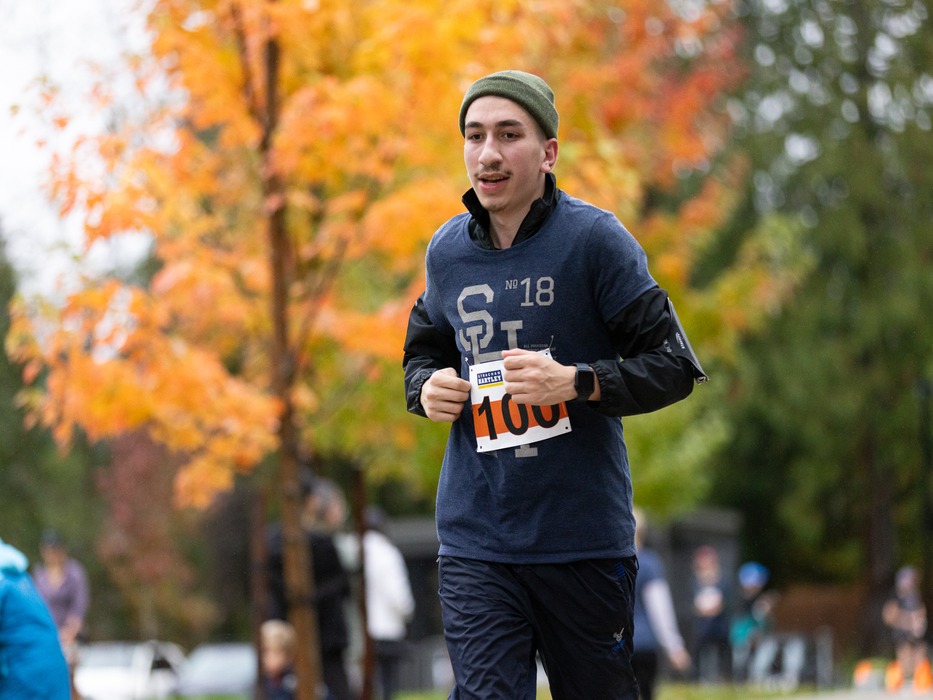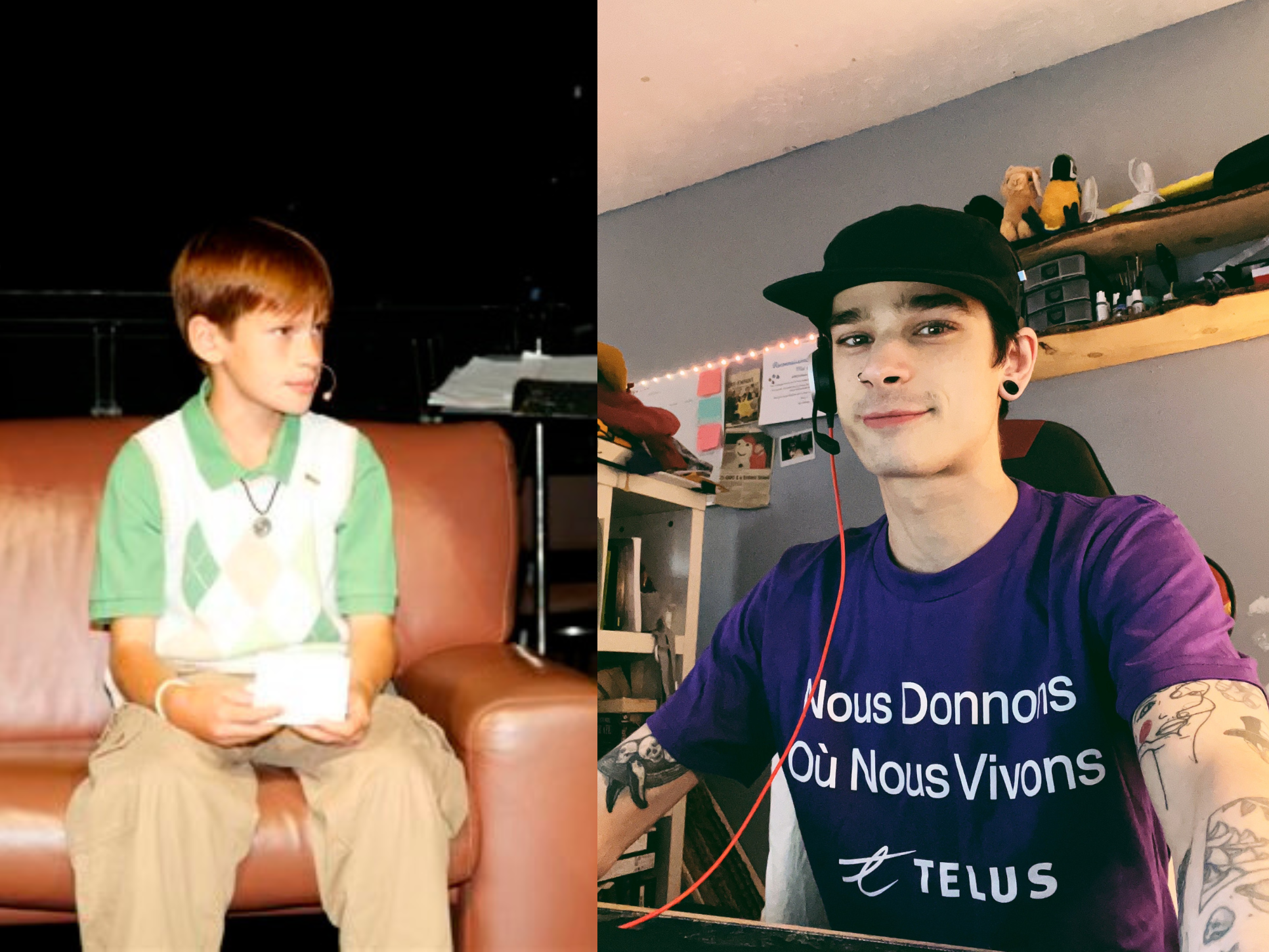
Giving back
Learning goes beyond the classroom for youth with Down syndrome
Feb 16, 2023
Established in 1989 by a group of concerned parents and families, the Lower Mainland Down Syndrome Society (LMDSS) was built off of the belief that individuals with Down syndrome are capable of full participation in society. The organization has grown to support 600 parents, self-advocates, professionals, and individuals with Down syndrome across BC. One objective is to give those with Down syndrome opportunities to reach their full potential. That is where LMDSS’s Reading, Math, Money, Language and Life Skills program comes in.
This program provides youth, with diverse learning needs, the opportunity to go beyond the typical classroom and receive personalized learning that takes on a specialized approach. Each student in the program receives an individualized plan that is suited to their learning needs and goals, both inside and outside of school. The objective is to help students with Down syndrome feel more confident and independent in all areas of life.
With a $20,000 grant from the TELUS Vancouver and Coastal Community Board in partnership with TELUS Friendly Future Foundation, LMDSS is expanding their Reading, Math, Money, Language and Life Skills program to support 35 additional students with Down syndrome across BC.
How the program works
Prior to the start of the program, students are assessed for their reading level. The teachers then create an individualized reading track that will build on the student's skills while making reading fun and interactive in order to develop their self-esteem and confidence.
When it comes to the math component, students learn how to count by 5’s,10’s, etc. as well as subtraction and multiplication at their own pace. They learn how to use calculators and their teachers facilitate a variety of math and number games to help the students understand the value of numbers. The math section dovetails into financial literacy where students learn about the face value of coins and banknotes and how to buy items at stores, estimate correct change and discuss where money comes from and where it goes.
Lessons go beyond the classroom as they learn about bank accounts and how to take out money to buy things using cash or a card linked to their account. Learnings are applied by looking at websites to show the cost of items as well as going into local brick and mortar stores to have shopping-related interactions. These “field trips” are followed up with discussions around bills and payments as well as receiving exposure to apps that help students learn about budgeting.
Language is the foundation for educational success because it is the basis for learning in school. Spoken language and comprehension can be challenging for students with Down syndrome. In this portion of the program, students learn how to expand their expressive language skills through role play and verbal interaction with their peers and teachers while working on active listening.
Technology to support visual learning
Most people with Down syndrome are visual learners. The classrooms where the program takes place utilize technology to aid students in order to support their learning needs. Tablets are used as individualized teaching tools that can go home with students. Smart boards with specialized software allow for hands-on tactile learning techniques that emphasize visual and hands-on learning.
The outcomes of the program are life-changing. For starters, students find joy in learning and many bring their excitement to the program and other areas of life. Participants demonstrate improved confidence in the classroom as well as in their day-to-day interactions. They form new friendships and become more independent in the communities where they live.
“The program has provided a variety of learning opportunities in an environment that encourages and motivates Jacob to become a better version of himself. From improving his abilities, not only academically, but helping him mature and take on more responsibility in his community. The program has created opportunities for Jacob to learn appropriate behaviors and to reinforce those practices in a nurturing and caring way.”
- Deborah, Jacob’s mother
TELUS Friendly Future Foundation is an independent registered charity that supports the well-being of youth facing obstacles reaching their full potential.
Learn more at
friendlyfuture.com
.

